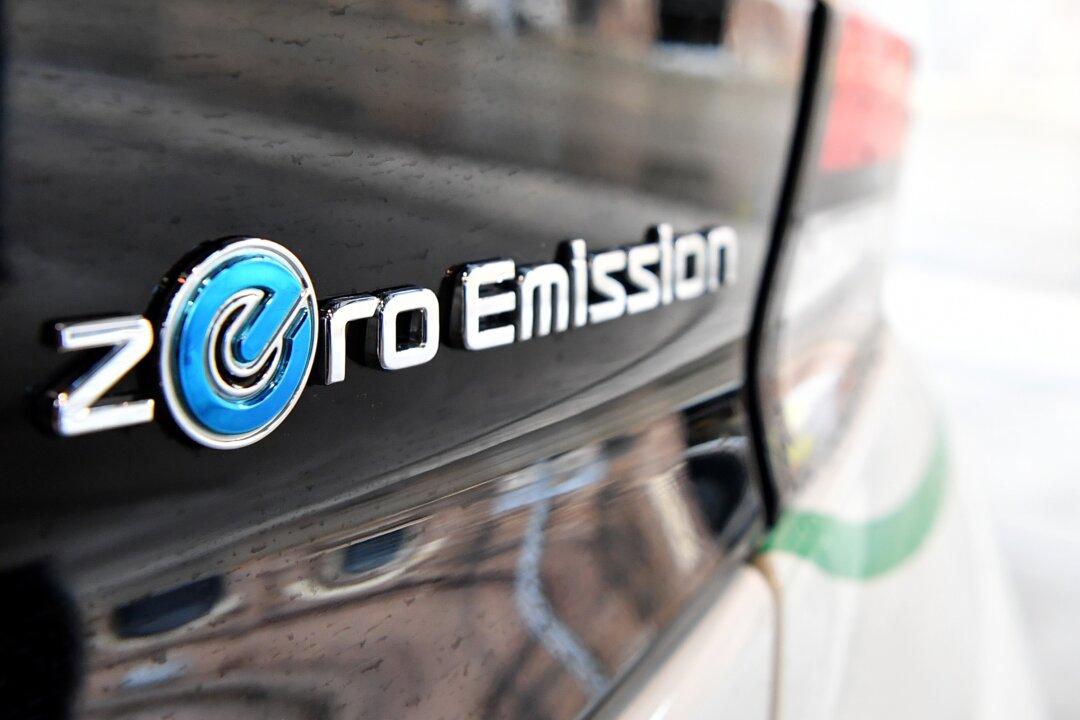The New South Wales (NSW) government has positioned itself in the driver’s seat of Australia’s electric vehicle (EV) uptake, steering almost half a billion dollars towards subsidies, tax cuts, and infrastructure as part of its new Electric Vehicle Strategy.
The government will spend $490 million (US$370 million) out of its 2021-22 state budget to address the biggest barriers of entry for consumers, including EV costs and charging station availability and aims to have more than 50 percent of new car sales be electric by 2030.





